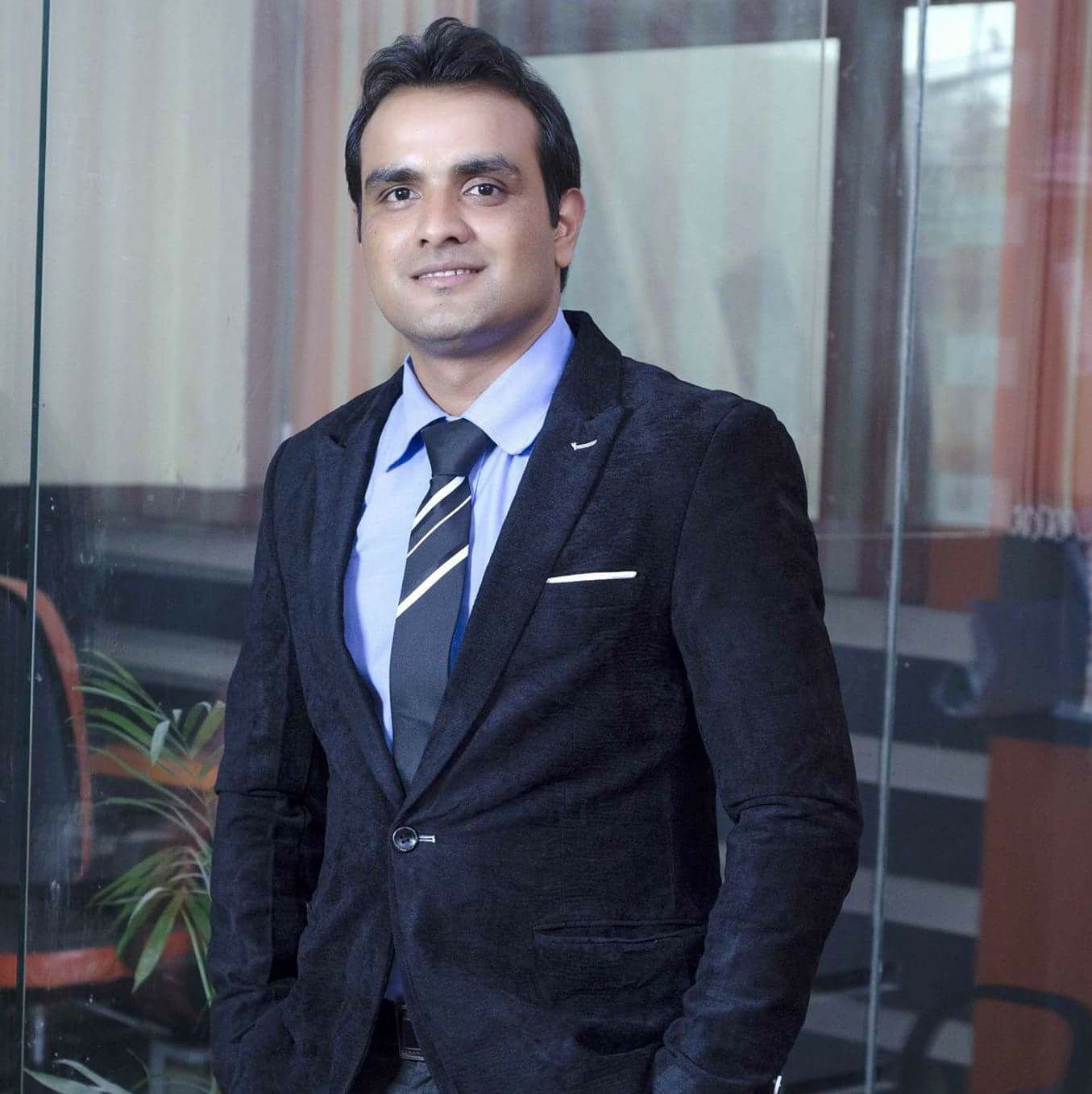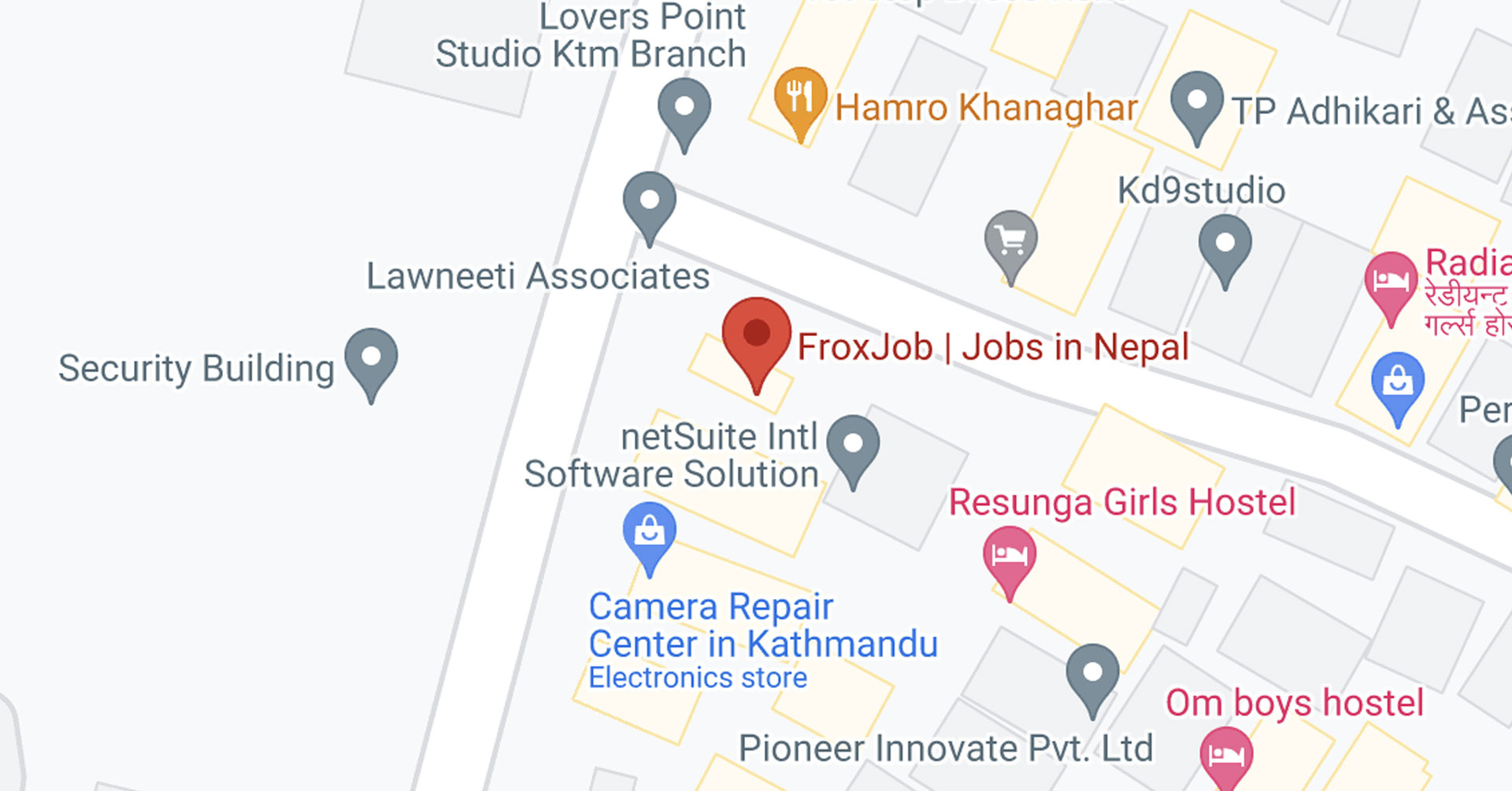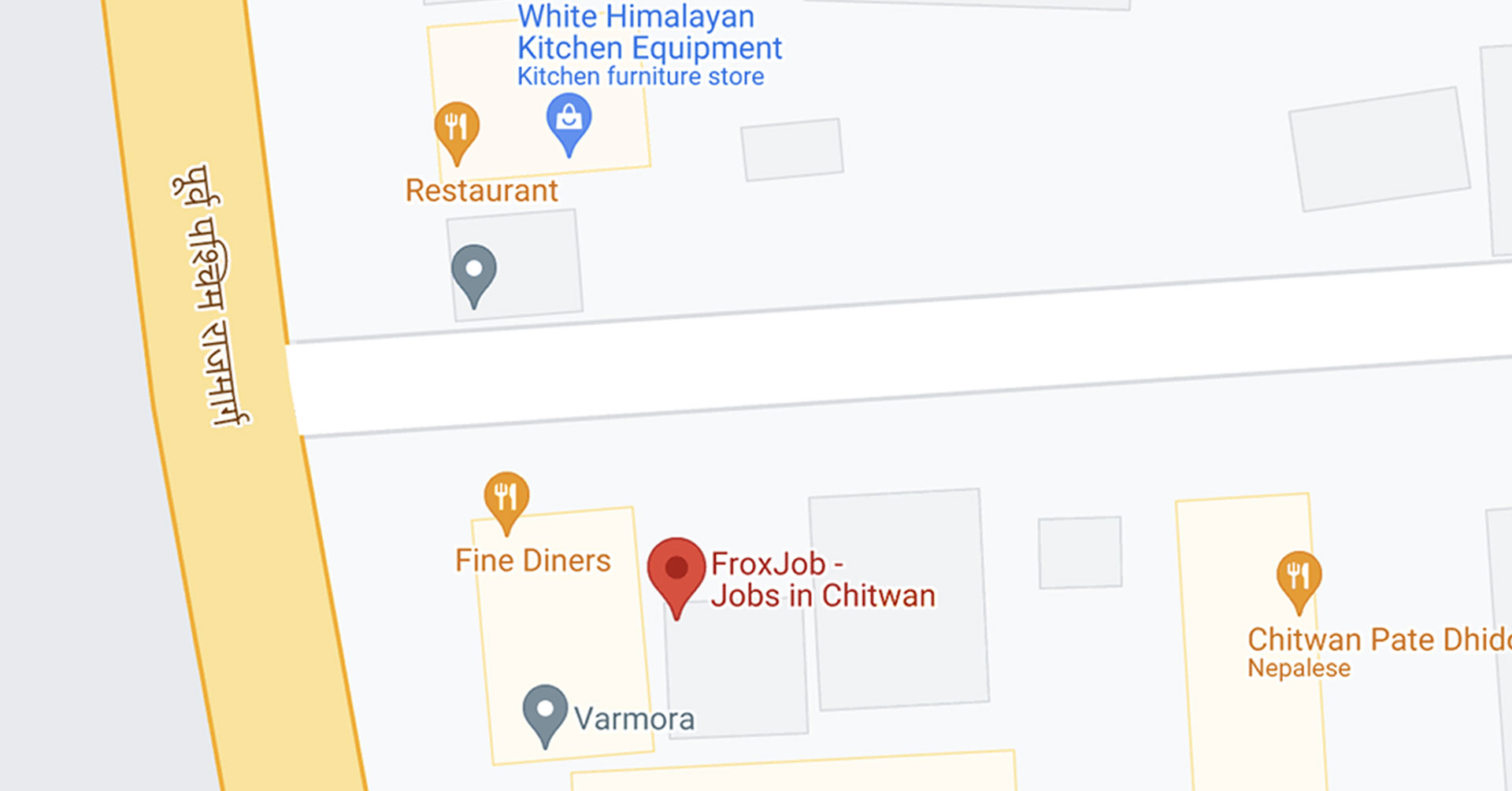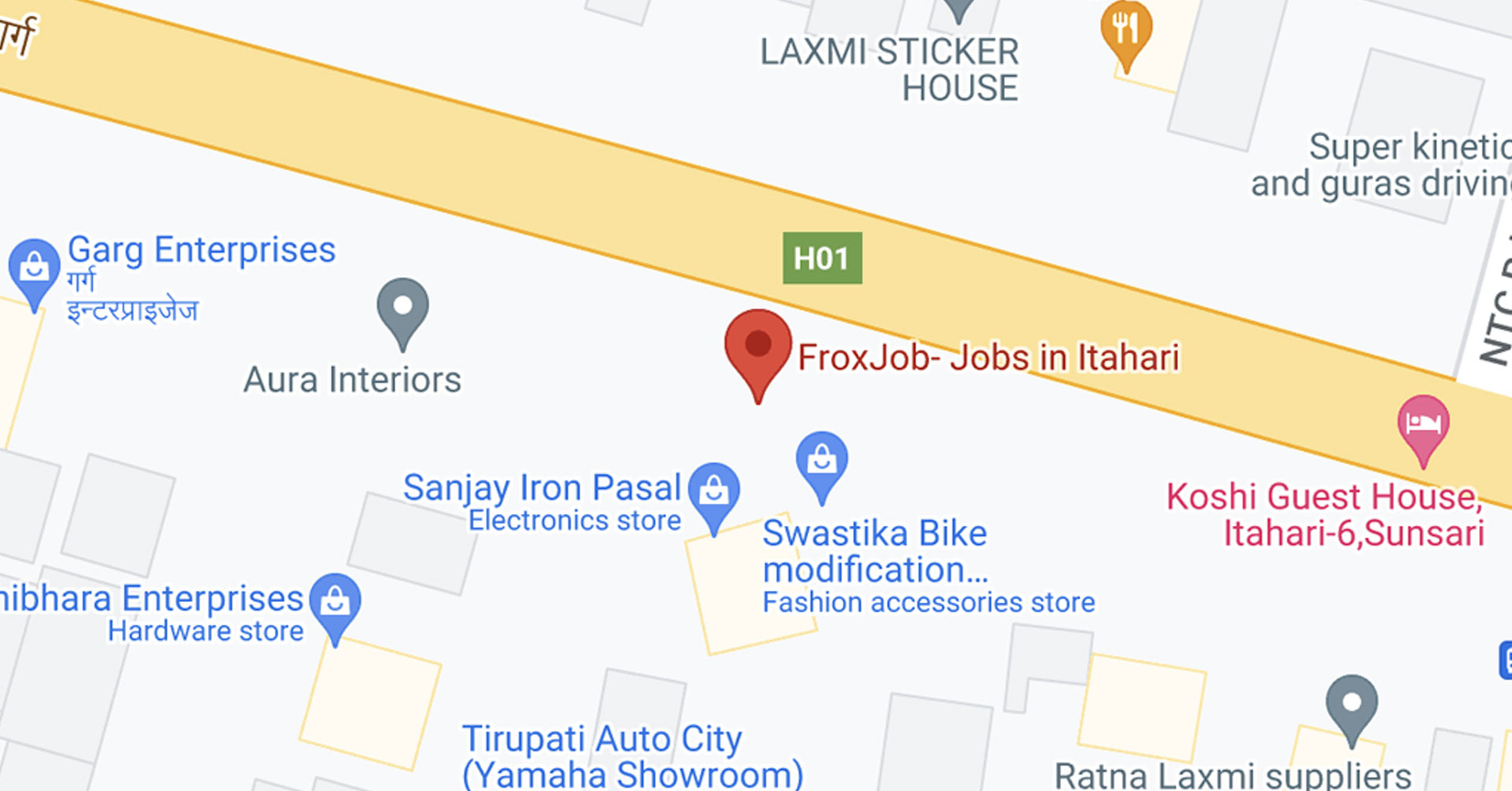Mastering Senior Leadership Interviews
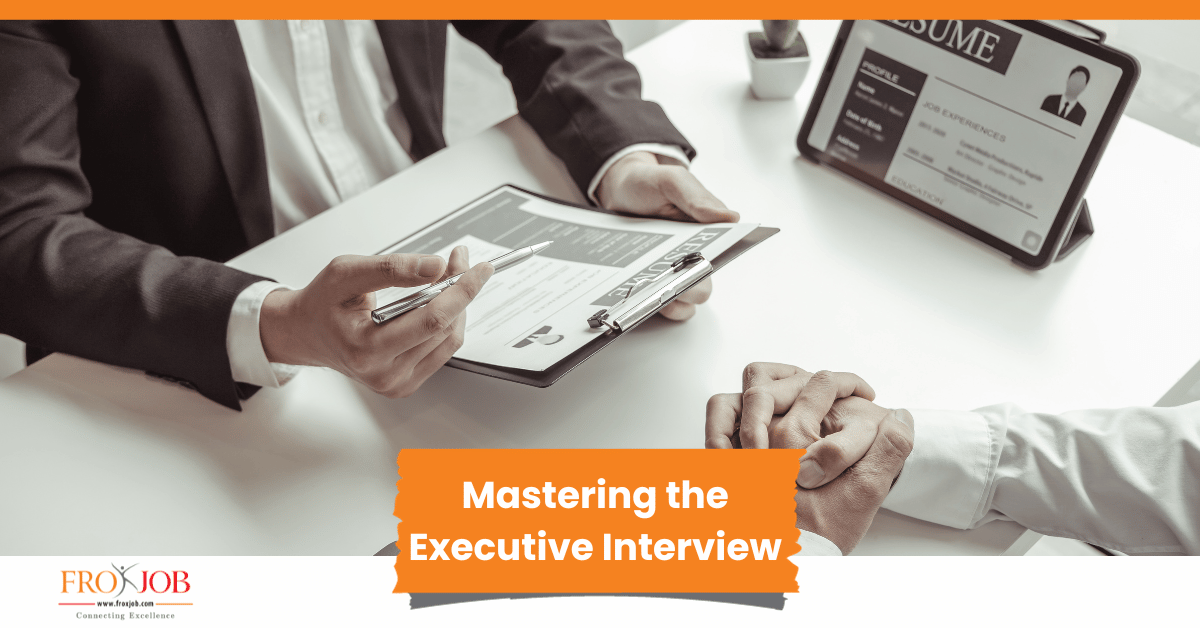
Mastering the Executive Interview: A Complete Guide for Career Leaders
Introduction
An executive interview is more than simply another phase in the hiring process; it is a strategic conversation that assesses leadership abilities, decision-making capabilities, and long-term vision. Executive interviews require more preparation, confidence, and business knowledge than entry or mid-level interviews.
In today's competitive job market, particularly for leadership and senior management positions, mastering the executive interview might mean the difference between selection and rejection. This essay looks at practical ways for helping professionals prepare for and perform confidently in executive-level interviews.
Understanding the Executive Interview
Executive interviews focus on leadership impact rather than technical competence. Employers look at how candidates think, lead teams, handle risks, and contribute to corporate success.
- Interviewers frequently evaluate:
- Strategic thinking and problem-solving skills
- Leadership Style and People Management Skills
- Industry expertise and market understanding
- Cultural fit and congruence with the company's vision.
- Past decisions and measurable outcomes
Research Beyond the Job Description
For executive positions, basic company research is insufficient. Candidates must have a thorough understanding of the organization and its business environment.
Key areas for research include:
- Company's mission, vision, and values
- Market Position and Competitors
- Recent accomplishments, challenges, and expansions
- Industry Trends Relevant to Nepal and Global Markets
Having insight into these areas demonstrates seriousness and leadership maturity.
Communicate with Impact and Clarity
Executive communication is all about clarity, confidence, and purpose. Answers should be organized, concise, and goal-oriented.
Tips for effective communication:
- Use real-world examples, supported by data and outcomes.
- Focus on leadership decisions rather than just chores.
- Highlight how actions generated value for the organization.
- Maintain a calm, confident tone.
Executives are supposed to communicate as decision-makers, not job seekers.
Demonstrate Strategic Leadership
Interviewers want to see how you think about complex problems. Prepare to discuss:
How did you manage organizational challenges?
- Crisis management and risk reduction tactics
- Team leadership and performance enhancement
- Long-term plan and execution
Use the STAR approach to express your experiences in a clear and professional manner.
Ask Insightful Questions
An executive interview is a two-way conversation. Asking meaningful questions displays strategic interest and a leadership approach.
Examples include:
- What are the company's top growth priorities for the next three to five years?
- How does leadership evaluate performance in this role?
- What challenges does the firm currently face in the market?
Such queries indicate that you are thinking beyond your job and toward organizational effect.
Executive Presence and Professional Etiquette
Executive presence includes look, body language, and attitude. First impressions are quite important at this stage.
Key Points to Remember:
- Dress formally and appropriately for leadership positions.
- Maintain strong eye contact and a confident posture.
- Be respectful, composed, and attentive.
- Display emotional intelligence and professionalism.
Closing the Interview with Confidence
End the interview by summarizing your worth and exhibiting genuine interest in the position. A strong closing statement emphasizes your suitability and creates a lasting impression.
Additionally, a professional follow-up email thanking the interviewer and reiterating interest demonstrates executive-level professionalism.
Conclusion
Mastering the executive interview necessitates planning, self-awareness, and effective communication. It is an opportunity to demonstrate leadership skills, business acumen, and long-term vision. By approaching the interview as a professional discussion rather than a standard Q&A session, candidates can position themselves as strong leaders capable of driving organizational success.
At FroxJob, we think that proper training enables people to pursue leadership opportunities and organizations to discover successful CEOs.

